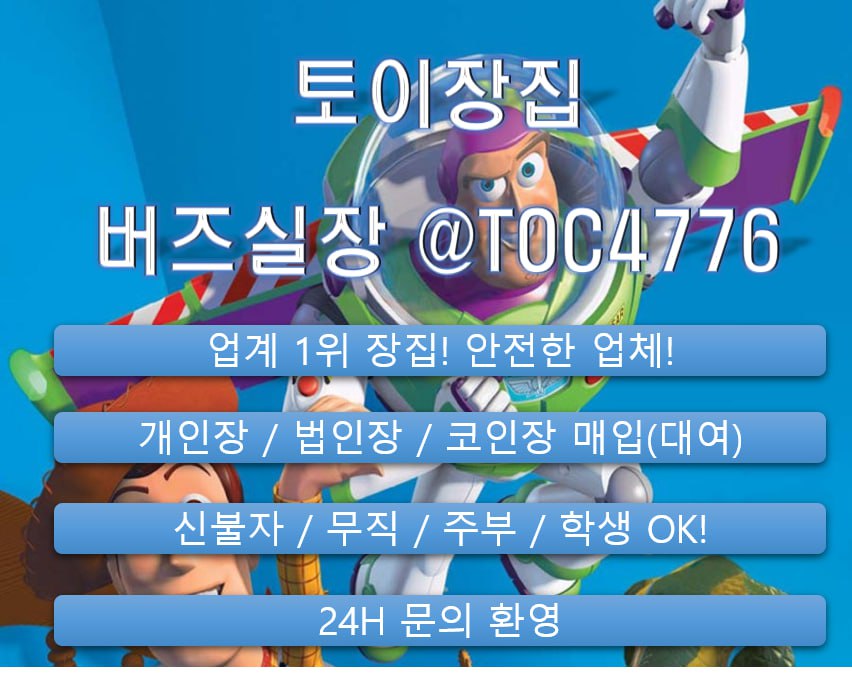[버즈텔레:TOC4776]개인장매입통장판매하는곳 통장사는곳 통장파는곳
페이지 정보
작성자 el4fnk 작성일25-07-15 14:08 조회6회 댓글0건관련링크
본문
? 통장 · 개인장 · 빗썸장 · 법인장 거래안내
신뢰할 수 있는 거래, 철저한 보안, 실시간 시세
다양한 거래 가능! 지금 [버즈텔레:TOC4776]으로 문의하세요.
? 통장 관련 거래
- ✅ 통장판매, 통장매입, 통장대여 안전진행
- ✅ 통장구입, 통장가격, 통장업체 실시간 제공
- ✅ 통장삽니다, 팝니다, 구매/판매하는곳 연결
- ✅ 통장대여가격, 안전업체, 인증거래 가능
? [버즈텔레:TOC4776] 으로 빠른 상담 가능합니다.
? 개인장 관련 거래
- ✅ 개인장판매, 매입, 대여 진행
- ✅ 구입, 가격정보, 업체 매칭 지원
- ✅ 구매하는곳, 판매하는곳 상세 안내
- ✅ 거래인증업체 통해 안전한 계약 가능
? [버즈텔레:TOC4776]으로 문의 바랍니다.
? 빗썸장 거래 안내
- ✅ 빗썸장판매, 매입, 대여 모두 지원
- ✅ 실시간 빗썸장가격 및 안전한 업체 연결
- ✅ 구매/판매 가능한 모든 채널 제공
- ✅ 거래 인증된 정식 파트너 업체만 연결
? [버즈텔레:TOC4776] 지금 바로 문의!
? 법인장 거래 서비스
- ✅ 법인장판매, 매입, 대여 가능
- ✅ 법인장구입, 법인장가격, 업체 매칭
- ✅ 구매하는곳, 파는곳, 자사는곳 전부 안내
- ✅ 인증업체만으로 거래 보장
? [버즈텔레:TOC4776] 믿고 문의하세요!

댓글목록
등록된 댓글이 없습니다.
